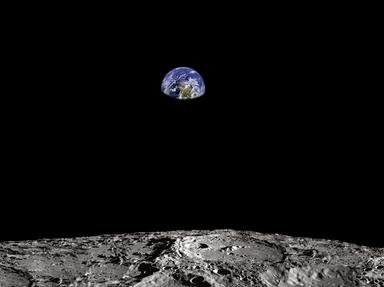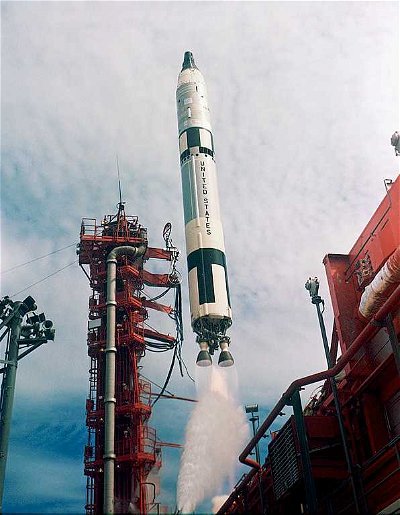1. Buzz Aldrin was the first astronaut recruited to have a doctorate, which he gained in 1963 from which university?
From Quiz NASA's Astronauts - Groups 3 to 7
Answer:
MIT
Although Buzz Aldrin's career mirrored that of his contemporaries - he graduated from West Point with a degree in mechanical engineering, entered the US Air Force to train as a pilot, saw combat during the Korean War flying F-86 Sabres, during which he shot down two enemy aircraft, was posted to a fighter squadron in West Germany, and served a period as an instructor - he was less of the traditional kind of fast jet pilot. His passion for academia came out when, at the urging of his former squadron mate, Ed White, he enrolled as a graduate student at the Massachusetts Institute of Technology (MIT) in 1959, intending to study for a Master's degree. Finding that he enjoyed the work, he advanced his studies with the intention instead of obtaining a doctorate. In 1963, he passed, earning an Sc.D in astronautics, with his doctoral thesis entitled "Line-of-Sight Guidance Techniques for Manned Orbital Rendezvous".
In May 1963, Aldrin applied to selection as part of NASA's third astronaut group. He had previously applied the year before when Group 2 was being recruited, but his lack of test pilot experience disqualified him. However, this requirement was dropped for Group 3, with instead a minimum level of fast jet experience needed. Aldrin thus became the first astronaut with a doctorate, with his expertise leading to his being given the nickname "Dr Rendezvous". He was able to use his expertise in rendezvous techniques directly when, flying as the pilot of Gemini 12 alongside Jim Lovell in 1966, the spacecraft's radar failed, meaning Aldrin, using the backup charts and procedures he had helped design, plus a new type of sextant, was able to manually guide the spacecraft into the rendezvous and docking with its Agena target vehicle, proving the techniques he had studied for his doctoral thesis worked.









 Quick Question
Quick Question